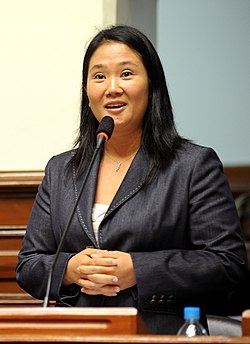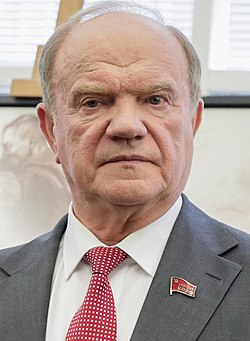This article needs additional citations for verification .(September 2010) |

A perennial candidate is a term for a political candidate who frequently runs for elected office and rarely, if ever, wins. [1] Perennial candidates are most common where there is no limit on the number of times that a person can run for office and little cost to register as a candidate. [2]
Contents
- Definition
- Reason for running
- Americas
- Argentina
- Bolivia
- Brazil
- Canada
- Chile
- Colombia
- Costa Rica
- Ecuador
- Guatemala
- Mexico
- Nicaragua
- Paraguay
- Peru
- Uruguay
- United States
- Africa
- Benin
- Central African Republic
- Gambia
- Ghana
- Kenya
- Mauritania
- Mozambique
- Namibia
- Nigeria
- Senegal
- Seychelles
- Tanzania
- Zambia
- Zimbabwe
- Asia
- Hong Kong
- India
- Indonesia
- Iran
- Israel
- Japan
- Philippines
- Singapore
- South Korea
- Taiwan
- Turkey
- Europe
- Cyprus
- Czech Republic
- Finland
- France
- Germany
- Iceland
- Ireland
- Italy
- Malta
- Netherlands
- Poland
- Romania
- Russia
- Slovakia
- United Kingdom
- Oceania
- Australia
- New Zealand
- See also
- References














